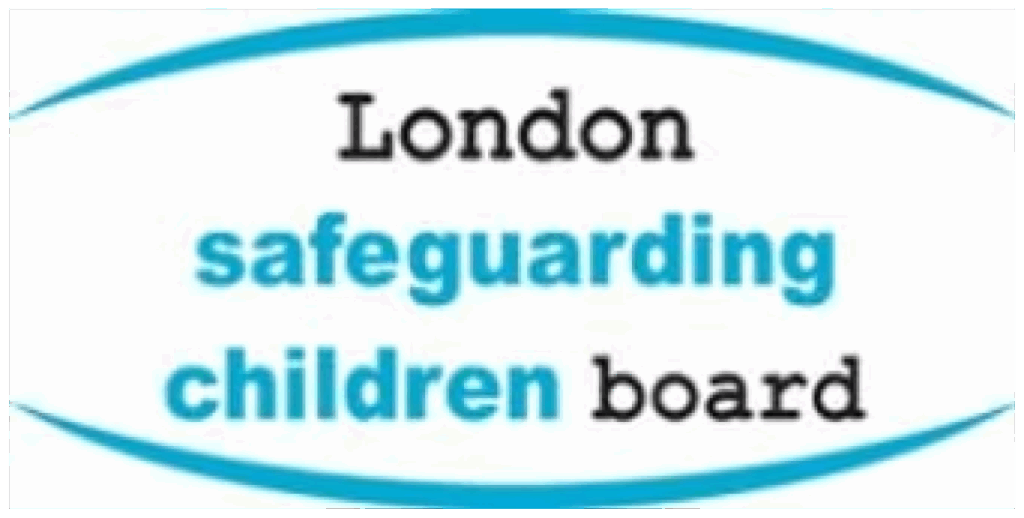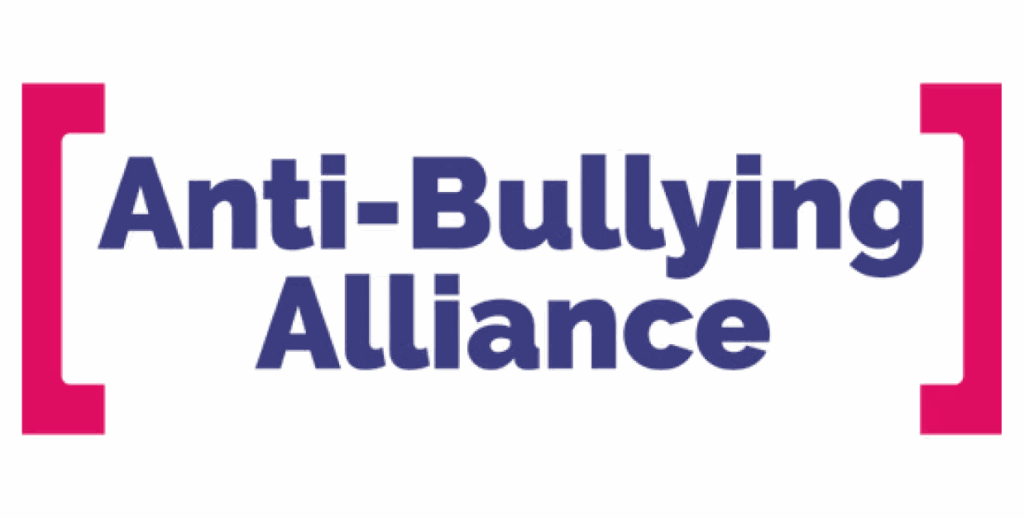What is Bullying?
Bullying is the repetitive, intentional hurting of one person or group by another person or group, where the relationship involves an imbalance of power. It can happen face to face or online. (Anti-bullying Alliance)
Bullying is an important safeguarding issue. The impact of bullying can severely affect a child or young person – both in the short and long term.
How does bullying affect children?
Short-term impact
Children and young people who have experienced bullying are more likely to:
- Face barriers to learning
- Miss school - research suggests that at any one time over 16,000 young people aged 11-15 are missing education primarily due to bullying (NatCen, 2011)
- Be excluded - research found that children who were bullied daily were 3 times more likely to be excluded from school than those that were not bullied (DfE, 2014)
- Retaliate
- Place strain on families/carers
- Self harm and experience depression
- Have impaired well-being
Long-term impact
Research suggests that some of the substantial long-term effects of being bullied include (King’s College London, 2015):
- experiencing a range mental health issues as an adult including suicide ideation
- earning less money
- not being in employment, education or training into adulthood
- being obese (particularly in women)
- having unstable relationships
Support and Resources

Safeguarding Response
Use the London Child Protection guidance to safeguard children who are being bullied.

Free Online Training
The anti-bullying alliance offers free online training for all anyone working with children and young people.

Support for Families
If supporting families dealing with bullying, point them to the NSPCC website for information and resources.
